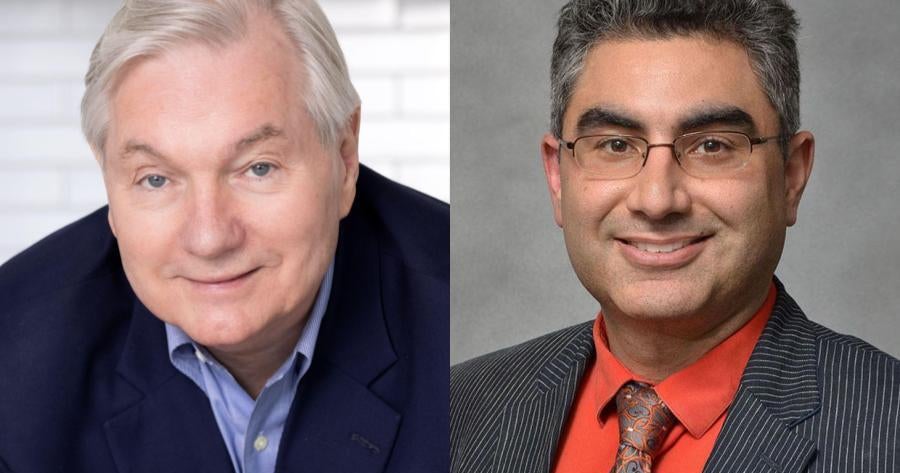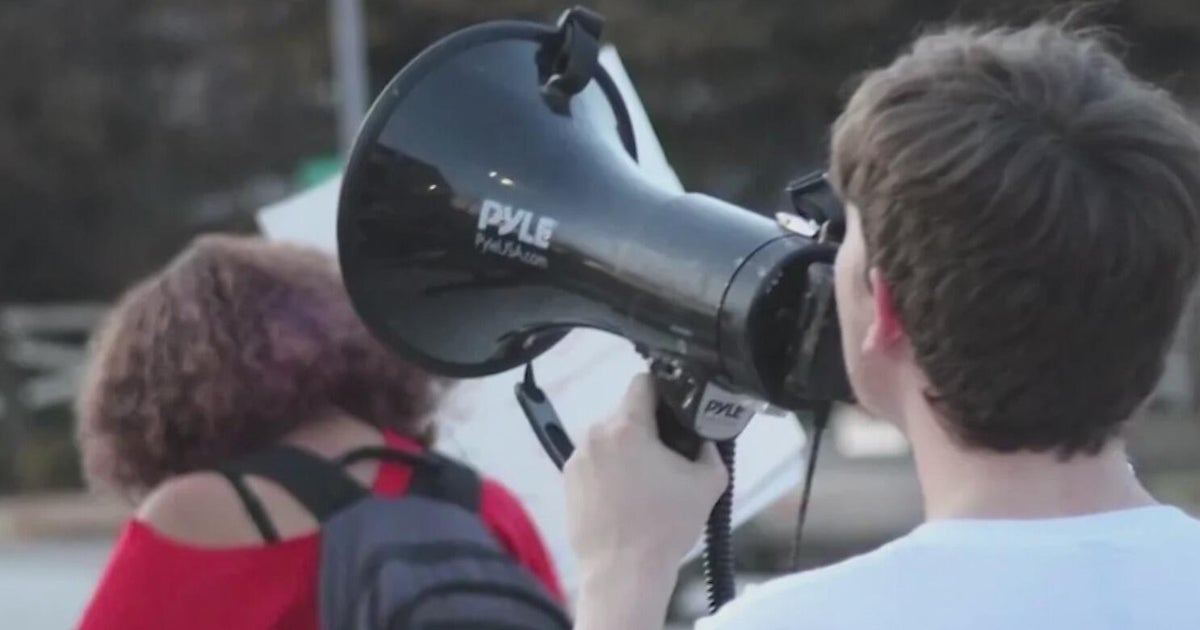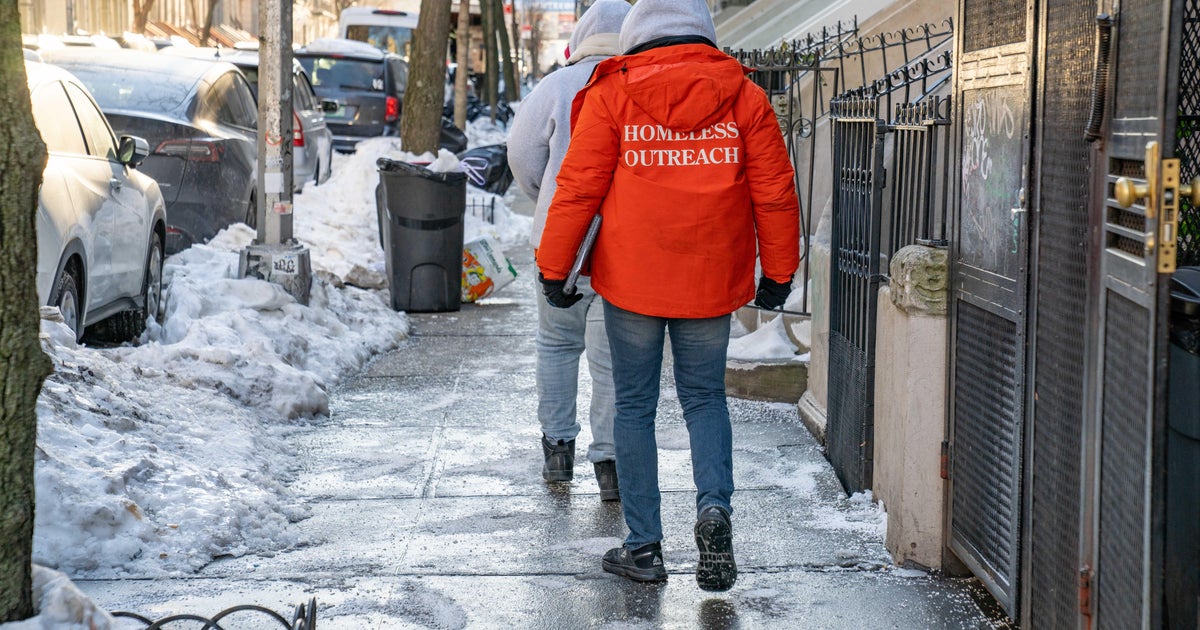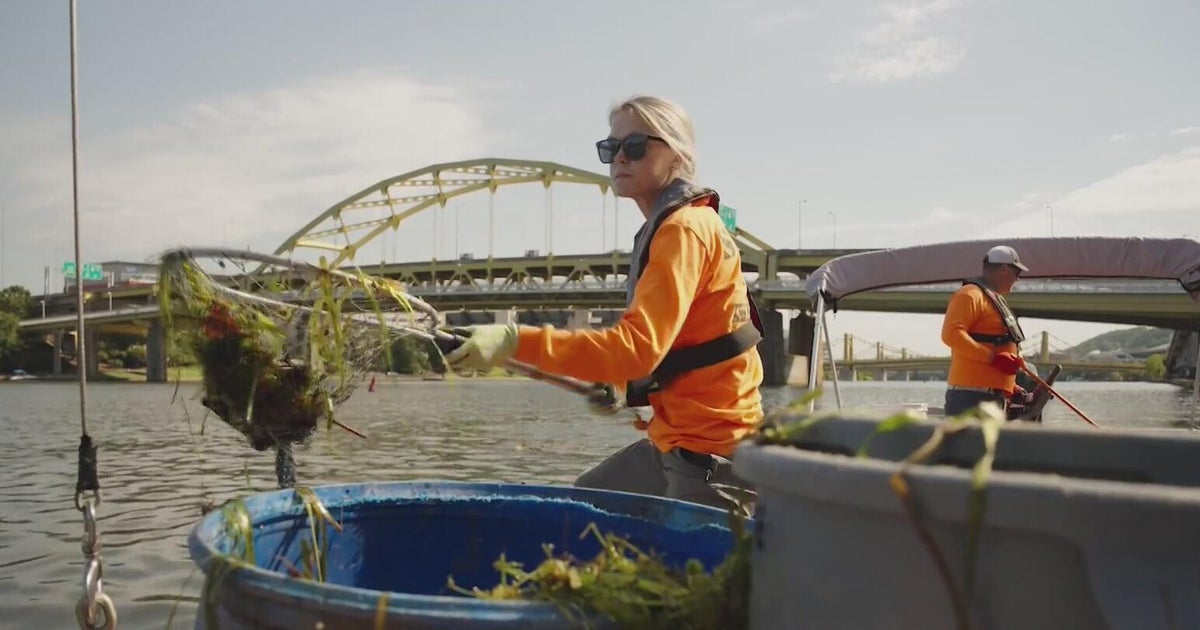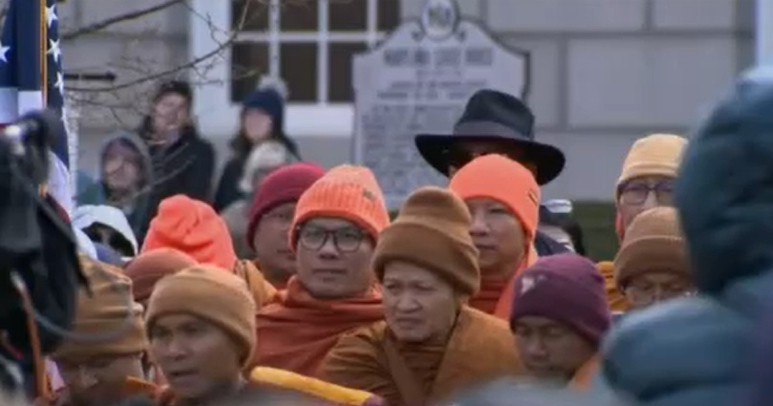Two Years After First COVID-19 Cases, Doctors Look To What's Next
FORT WORTH (CBSDFW.COM) - December 2019 was like any other. It was time to get ready for the holidays, and people were looking forward to shopping, gift giving, and parties. No one imagined what the next year would be like.
It's been two years since the first COVID-19 cases were detected in China, and we are still not out of the woods yet. With the Omicron variant on the horizon, it is hard to predict what to expect in 2022, but we are far more prepared than we were two years ago.
"We have learned so much since 2019 BC - before COVID," said Dr. Robert Gottlieb of Baylor Scott and White. His team has been on the forefront of COVID-19 research in North Texas.
They have been involved in clinical trials for various experimental therapies, including Gilead antiviral remdesivir and monoclonal antibodies, treatments that are being used in hospitals right now. "We learned fundamental things about how to treat the virus, "he said. "We are in a much safer place now because of the vaccines."
Two years ago, we faced lockdowns, rising case counts and social isolation. We learned to accept masks, to work and learn virtually, and to hoard toilet tissue. Now, we have not one but three COVID-19 vaccines.
Dr. Diana Cervantes at UNT Health Science Center calls it a technological marvel. "I think honestly it delivered. Well, above beyond what we expected," she said.
Still, there are many who refuse to get the shot. Over 40% of Texans have not yet received the vaccine. With those numbers holding steady, there appears to be a shift in the mindset about vaccine hesitancy among doctors, and a realization that that not everyone is going to get a shot.
"We don't need to try to prevent every single infection. What we really want to try to do is prevent severe illness, hospitalizations, and death," Cervantes said. "We can have a good balance. Staying healthy, but at the same time, living our daily lives."
Dr. Gottlieb says the masks will come and go as the cases rise or fall.
"I do think over time, over the course of several seasons or several years, the masking will be less required medically," he said.
There also appears to be an acceptance that COVID-19 is endemic, meaning the virus is here to stay.
"I think in my mind, we thought that we might get rid of COVID. I think that we're beyond that at this point," said Dr. Joseph Chang at Parkland Hospital. "People will begin to feel this is endemic, and then we're going to start talking about it that way."
As the variants and mutations grow, researchers will develop variant specific boosters, and perhaps customize them each year.
"There's no reason why we can't actually vaccinate against a couple of key sequence strains, or quick key sequence variants from the virus," said Dr. Gottlieb.
Until then, they all agree we still have to protect ourselves and others around us.
Doctors say as we brace for Omicron, it is important not to let our guard down. Masks, hand-washing, and social distancing in crowded areas are still the best ways to prevent infections. Adding the vaccine to the mix will be our best line of defense in defeating this virus.


